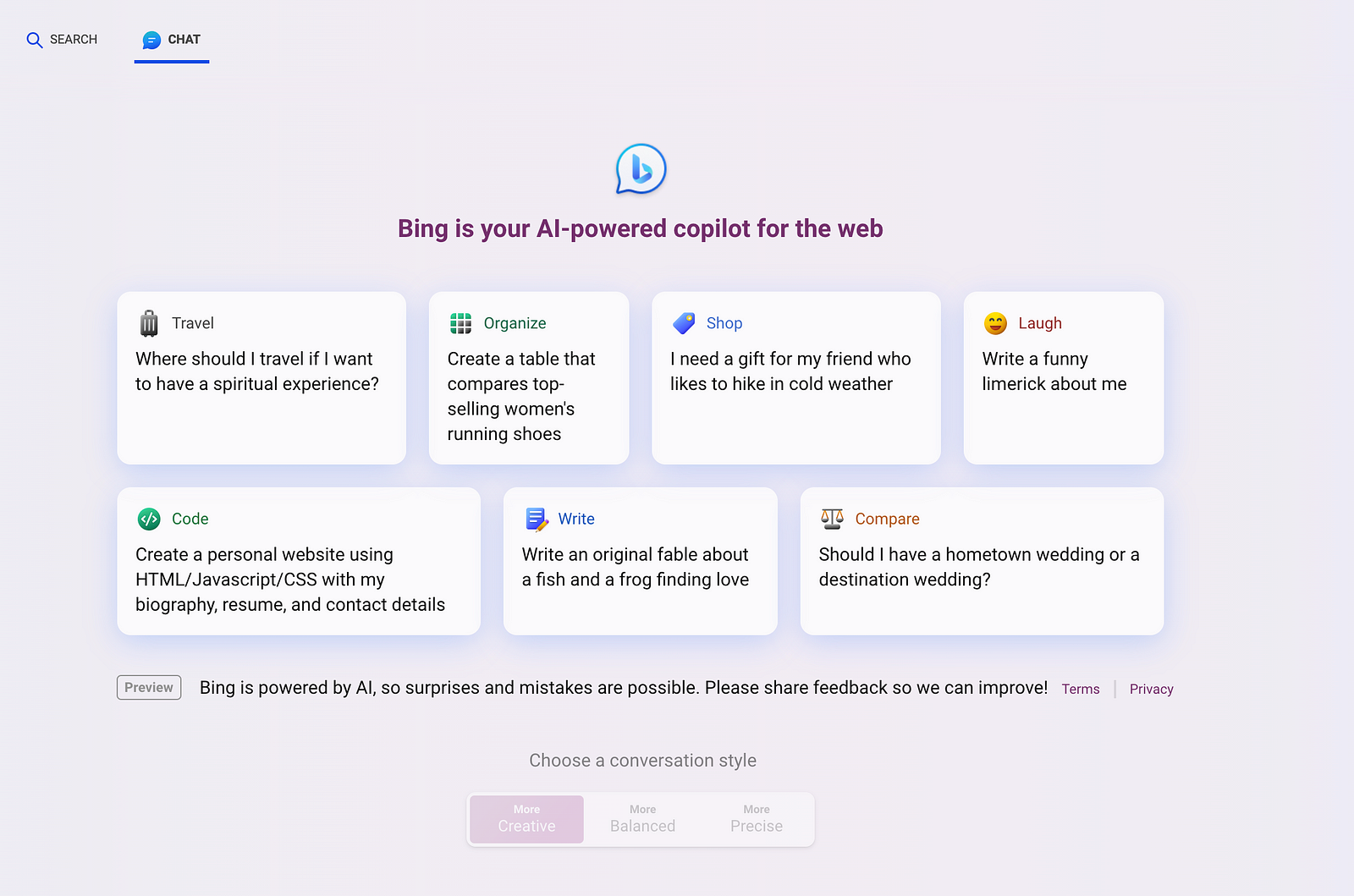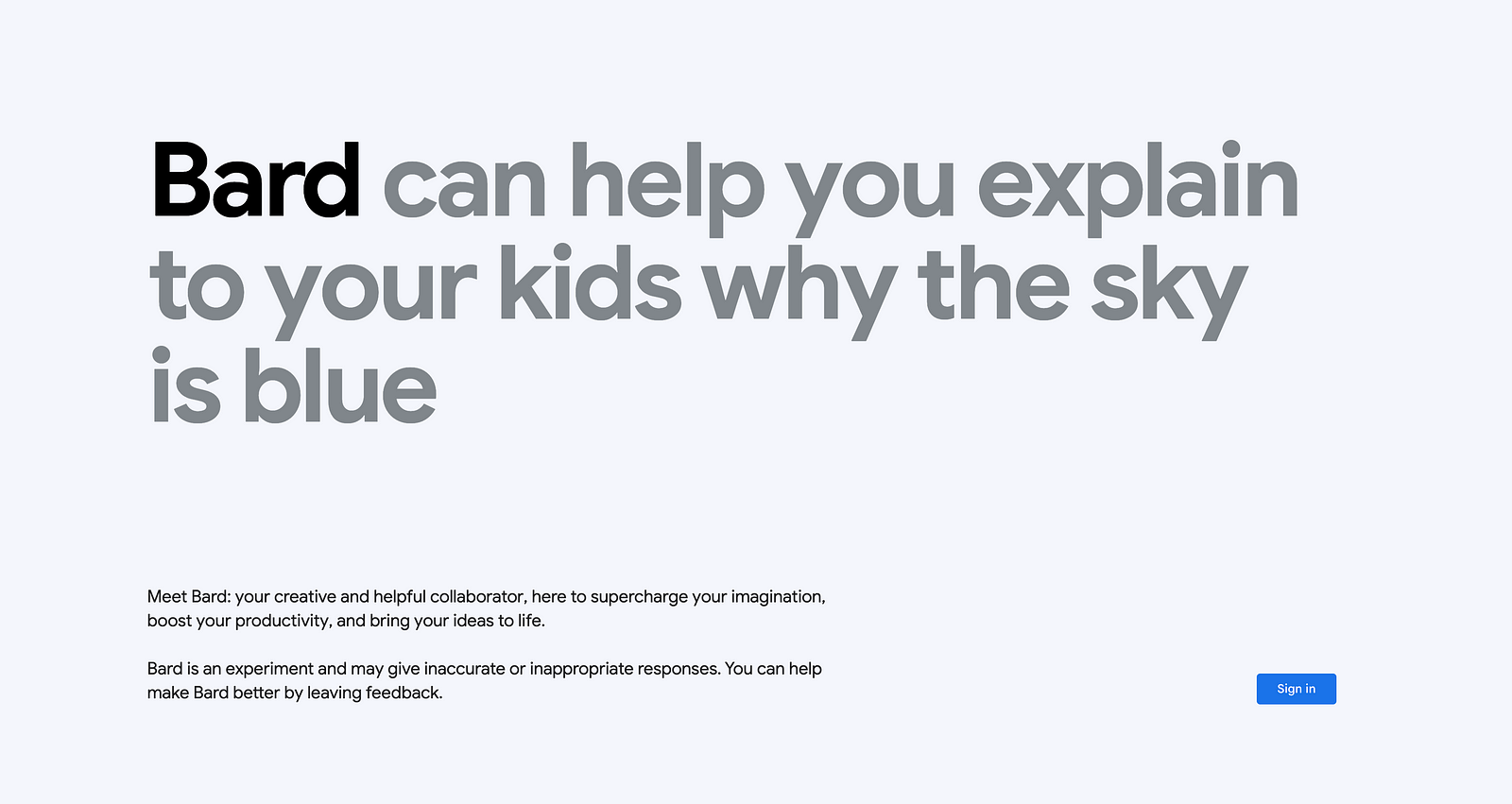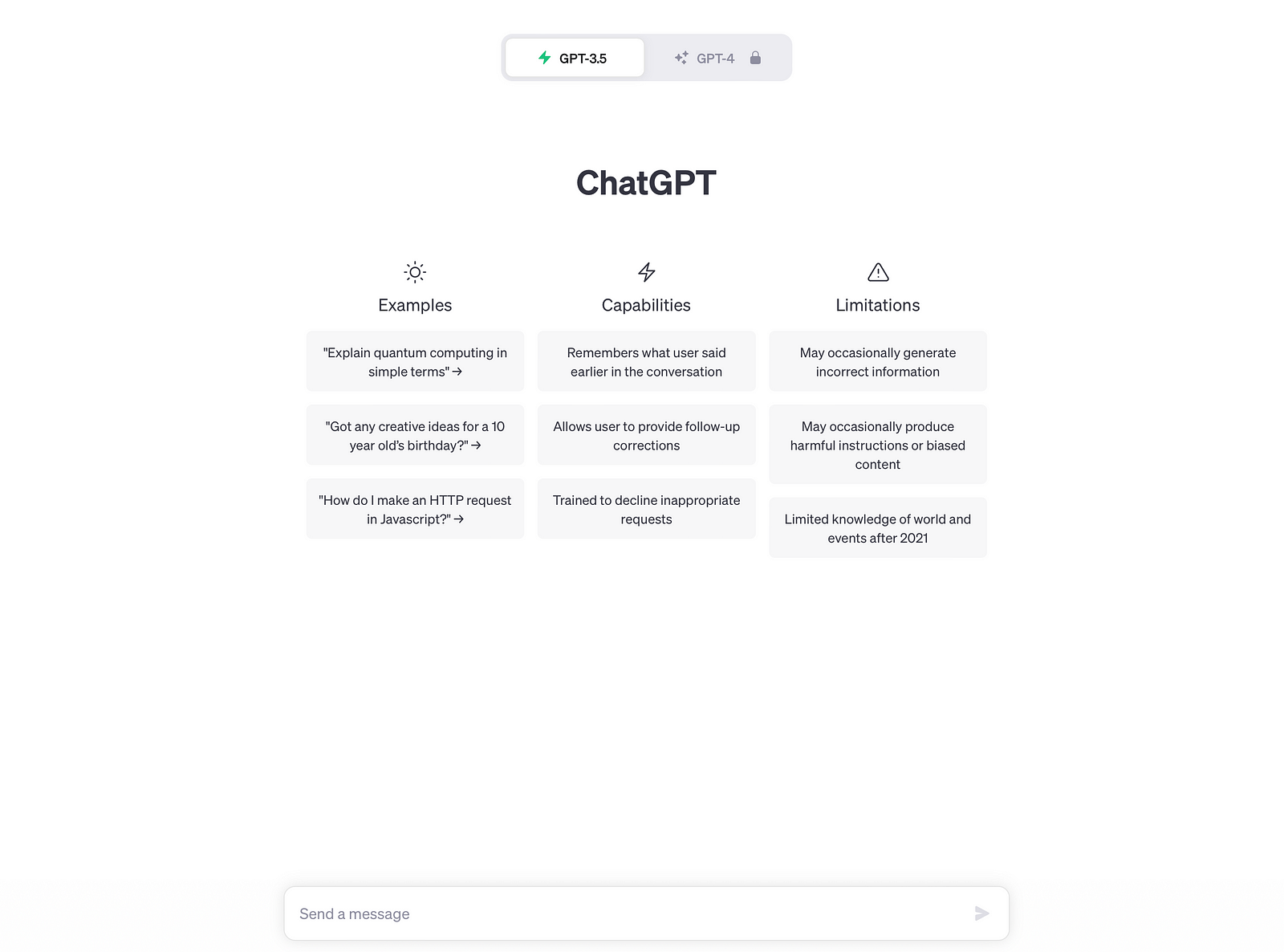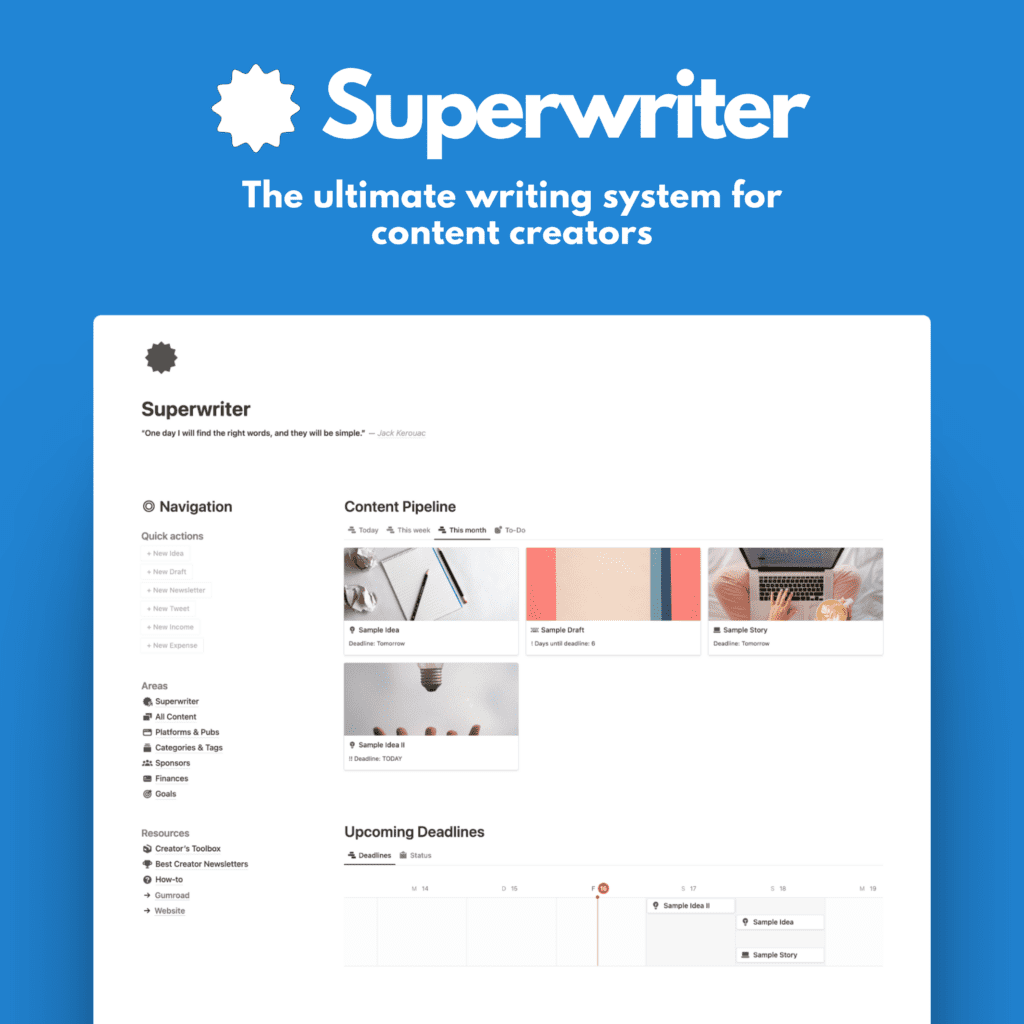Brought to you by Superwriter.
The AI advancements are bonkers.
AI can do anything online. Faster? Yes. Better? Not yet.
With the advancements in AI tools and implementations, creators face some struggles. It’s all the more important to have a unique voice and style that can’t be easily copied by AI, and to tell stories that aren’t simple factual lists or generic informative articles.
Those two are huge parts of the web, however. Story-telling is only a small part of content creation online. A large part is presentations of information, explanations, how-tos, and things of that nature. Those types of articles can be written by AI in seconds.
This means we, writers, have to adapt by incorporating AI into workflows and projects. AI is the perfect assistant if you let it.
Some tools are better than others. Here’s my list of the top 4 AI writing tools right now.
I am mainly including the free ones here, excluding specific paid tools like Jasper.ai or Writesonic.
1. Bing Chat

For some, this might be surprising, others will agree. Bing Chat is a great AI tool for writers and in general.
Bing is free and runs on ChatGPT 4. It’s perfect for research and writing assistance. The only true downside is the Microsoft ecosystem. You need Edge and a Microsoft account.
✅ free
✅ runs on ChatGPT 4 (which would usually cost)
✅ up-to-date access to information
✅ search engine results with sources
✅ multiple languages
❌ Only available with Edge and Microsoft account
❌ somewhat limited on entire article creation
2. Google Bard

Bard is a strong competitor.
With its own data model, relevant and up-to-date information, and Google in the backend, it’s got all the superpowers it needs to thrive.
Bard is quicker than ChatGPT or Bing Chat, gives up-to-date answers, and includes search engine results with sources. That’s a huge advantage over ChatGPT.
The downside: Bard is not available everywhere yet.
✅ free
✅ quicker than competitors
✅ up-to-date access to information
✅ search engine results with sources
✅ multiple languages
❌ some hiccups in conversational flows
3. ChatGPT

The OG of AI tools is a solid choice. Researching, creating outlines for articles, editing, and more isn’t a problem for the Open AI tool.
What sets ChatGPT apart from the competition is the abundance of plugins and add-ons for it.
The downside is the pricing model. The free version ChatGPT 3.5 is good, but not up-to-date, slower, and sometimes not available due to high traffic.
The better version ChatGPT 4 costs a monthly fee and has restrictions on usage.
✅ free version
✅ widely-used
✅ many plugins and add-ons available
✅ search engine results with sources
❌ not up-to-date unless you pay for ChatGPT 4
❌ outages, speed
4. Claude.ai

Claude.ai is a great tool for people who love ChatGPT. The interface looks even better and cleaner, it’s decently fast, presents similar results (in a similar manner), and does the same things well.
Claude is mainly available in English and has no access to (up-to-date) internet results. Those are the main downsides.
A huge upside is the fact that Claude can process up to 75K words with its 100K Context Window.
✅ free
✅ beautiful, minimal interface
✅ can process up to 75K words
❌ mainly English
❌ not up-to-date
❌ no search results
The bottom line
AI writing tools are advancing rapidly, but human creativity still adds value. The best tools combine AI speed with human-like storytelling.
Although they’re still not able to convey this human-like behavior in true storytelling, AI tools can and do replace human writers in the creation of generic, informative content like how-tos, explanations, factual listicles, and such.
Future-proofing our jobs means incorporating AI into our workflows. Speeding up things like research, rephrasing, outlining, editing, and more. Those 4 tools listed above are the best free tools to do those things right now.
What’s your favorite AI tool?








